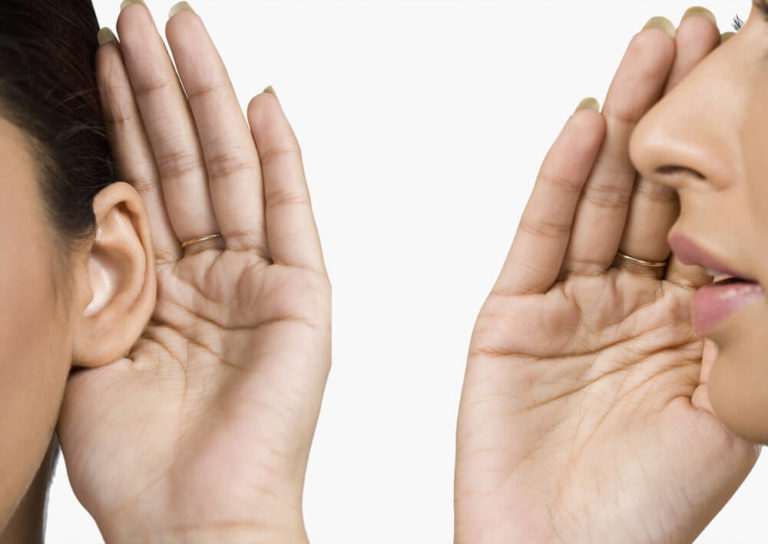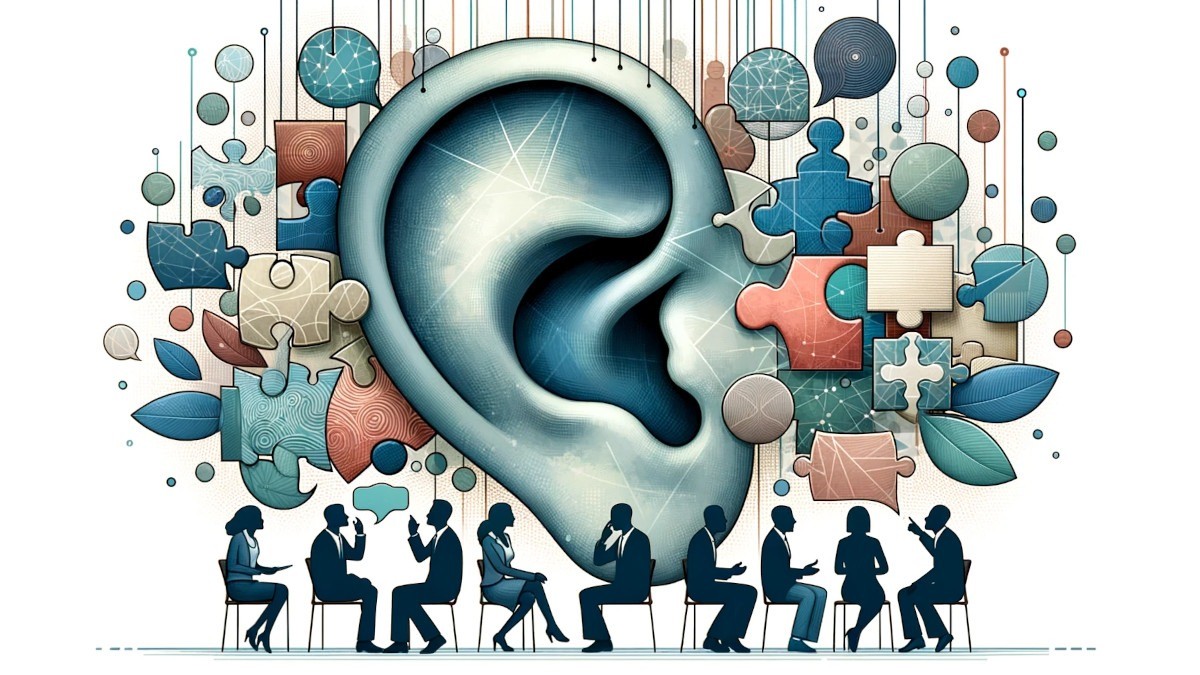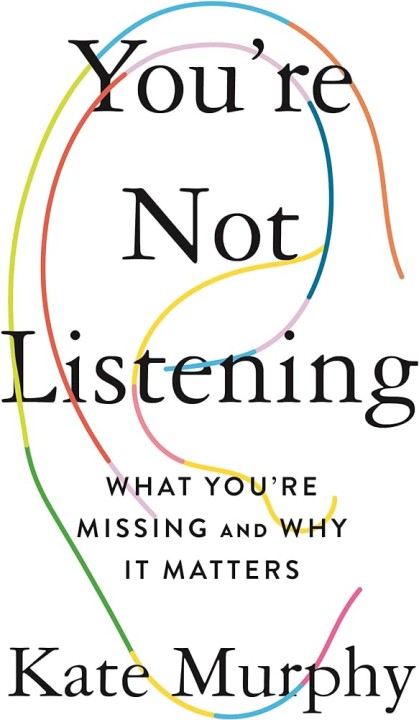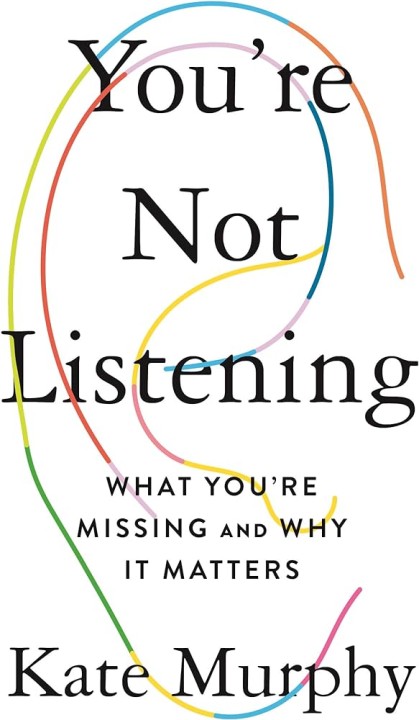
Introduction: Are We Really Listening Anymore?
We live in a world where everyone wants to speak—but no one wants to truly listen. In the constant hum of messages, alerts, reels, and updates, the quiet art of listening has begun to vanish. Yet, real connection—the kind that lasts, that understands, that heals—starts not with words, but with ears.
“Most people do not listen with the intent to understand; they listen with the intent to reply.” — Stephen R. Covey
At Remin.site, we believe in preserving not just memories, but the human essence behind them—voices that were heard, emotions that were understood. And that all begins with reclaiming the lost art of listening.
Why Listening Matters More Than Ever
In our ever-accelerating society, genuine listening skills are becoming a rare gift. But here’s the truth: without listening, there’s no empathy. No shared meaning. No trust. And ultimately, no real communication.
Personal & Professional Impacts of Poor Listening
- Relationships suffer when people feel ignored or invalidated.
- Workplace productivity drops due to miscommunication.
- Leaders lose credibility when they fail to hear their teams.
According to Verywell Mind, active listening not only improves understanding but enhances mental well-being in interpersonal relationships. And that’s something we’re all craving more of.
Listening vs Hearing: Know the Difference
Let’s clear something up: hearing is passive. It’s what your ears do when a car passes by. Listening is active. It’s deliberate. It requires presence, patience, and attention. In short, listening is caring.
Consider this: How often do we nod along, waiting for our turn to speak, rather than absorbing what’s being said?
The Decline of Listening in the Digital Age

Technology has empowered us to share more, faster—but it’s also fragmented our attention. Notifications, background noise, and screen addiction all lead to a breakdown in meaningful dialogue.
How Social Media Changes the Way We Listen
On platforms like Instagram and TikTok, interactions are often performative. We scroll, we skim, we “like”—but do we truly engage?
According to Harvard Business Review, the rise of curated communication has reduced our capacity to fully hear others’ emotions or perspectives in real-time.
Short Attention Spans: A Growing Barrier
Recent studies reveal that the average human attention span has dropped to just 8 seconds—shorter than a goldfish. With such fleeting focus, how can we expect to master active listening?
Listening is not multitasking. It’s not half-hearing while replying to an email. It’s presence. And presence takes effort in today’s distracted world.
Key Listening Skills Everyone Should Develop

Reclaiming the art of listening doesn’t happen overnight—but it begins with conscious intention. Here are foundational skills to rebuild the habit of deep, meaningful communication:
Active Listening Techniques
- Paraphrase what you heard to confirm understanding.
- Pause before responding—don’t interrupt.
- Maintain eye contact and avoid distractions.
- Use affirmations like “I hear you” or “That makes sense.”
These strategies not only strengthen conversations, they show respect and validation—two things everyone needs more of.
Nonverbal Communication Matters Too
Words only account for a fraction of human communication. Our body language, facial expressions, and tone often speak louder. A nod, a warm gaze, a quiet moment of holding space—these are powerful forms of listening without a word.

In the next section, we’ll dive deeper into how to practice better listening daily—with exercises, real-life scenarios, and how listening can transform even the most difficult conversations.
Want to leave behind more than words? Visit Remin.site—where your voice, your stories, your truths are not just remembered, but honored through generations.
How to Practice Better Listening Daily
It’s not enough to know why listening matters. We must actively nurture this skill. Just like building muscle, listening takes practice, repetition, and mindfulness. And the reward? Deeper relationships, stronger teams, and more authentic memories—exactly what we value at Remin.site.
Exercises and Real-Life Scenarios
Try these simple but powerful listening habits starting today:
- Mirror conversations: Repeat back key points in your own words to show you’ve understood.
- “The Pause” practice: After someone finishes speaking, count silently to 3 before responding.
- Tech-free meals: Put away all devices and be fully present at the table.
- Storytime with elders: Ask an elder in your family to share a life story—and just listen. No judgment, no interruption.
These moments are more than practice—they’re memories in the making. And every memory deserves to be heard, honored, and preserved. That’s the mission behind Remin.
Listening in Conflict Resolution
Listening doesn’t mean agreeing. It means acknowledging. In times of conflict, we often default to defensiveness. But listening—truly listening—can diffuse tension and build trust faster than argument ever could.
“When people are heard, they are healed.” — Unknown
In family disagreements, workplace tensions, or even grief conversations, listening is the first and most powerful step toward resolution.
Quotes & Wisdom: What Experts Say About Listening
To reinforce the importance of this fading skill, here’s what thought leaders and scholars say:
- “The most basic of all human needs is the need to understand and be understood.” — Ralph G. Nichols
- “One of the most sincere forms of respect is actually listening to what another has to say.” — Bryant H. McGill
- “Listening is being able to be changed by the other person.” — Alan Alda
At Remin, these values are not just words—they are how we build intergenerational understanding. We listen to stories that matter because we know the cost of letting them disappear.
Conclusion: Reclaiming the Lost Art
In a world obsessed with talking, choosing to listen is radical. It’s vulnerable. And it’s powerful. From our families to our teams, from our history to our future, listening is how we stay connected—and how we are remembered.
At Remin.site, we invite you to not only listen but preserve what you hear. Because the voices of those you love deserve more than echoes—they deserve a legacy.
Frequently Asked Questions (FAQs)
Why is listening considered more important than speaking?
Because it creates understanding. Without listening, speaking becomes noise. Listening builds trust, clarity, and connection—core elements of any healthy relationship.
Can listening be improved with practice?
Absolutely. Like any skill, consistent practice—especially active listening techniques—can dramatically improve your ability to truly hear and respond to others.
What’s the difference between passive and active listening?
Passive listening is hearing without engagement. Active listening involves attention, reflection, body language, and empathy. It’s a two-way interaction.
How does listening connect with preserving memories?
Listening helps us internalize and record the stories of others. It’s the first step in memory preservation—something we believe in deeply at Remin.site.
Why are attention spans getting shorter?
Digital distractions and information overload play major roles. Studies like those cited in Harvard Business Review show we’re consuming content rapidly, but at the cost of deep focus.
Ready to Listen Again?
Slow down. Look someone in the eye. Ask them a real question. Then stay quiet. Let them speak. Let them be heard. That’s the art. That’s what we’re losing.
But we can choose to reclaim it—conversation by conversation, story by story. Start today. And if you want to preserve those stories, Remin is here to help you carry them forward.
Because listening is the beginning of legacy.
